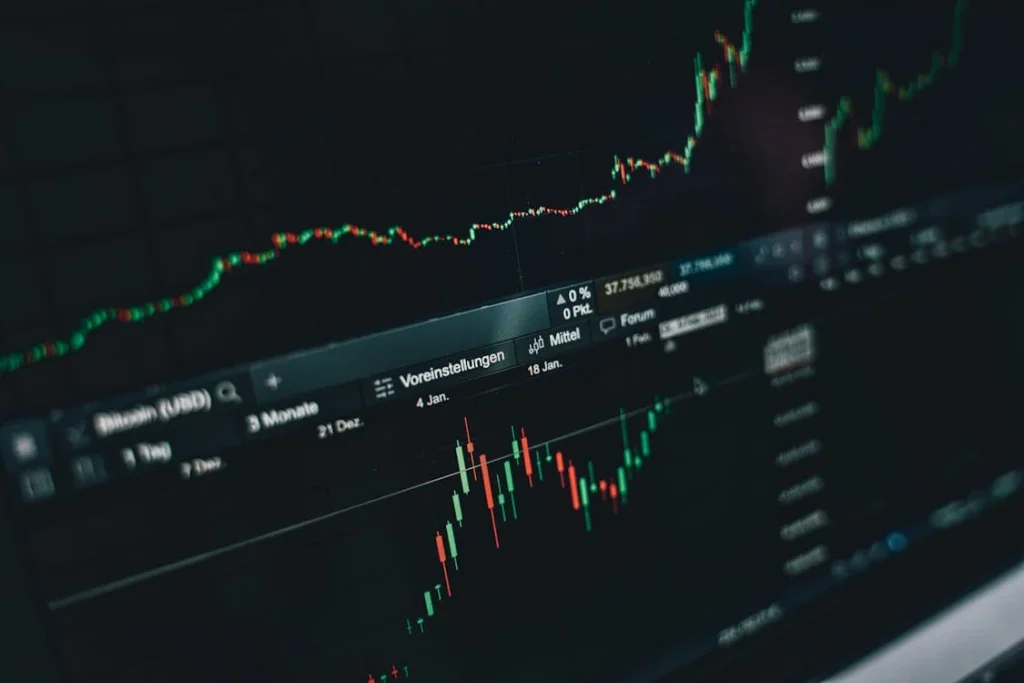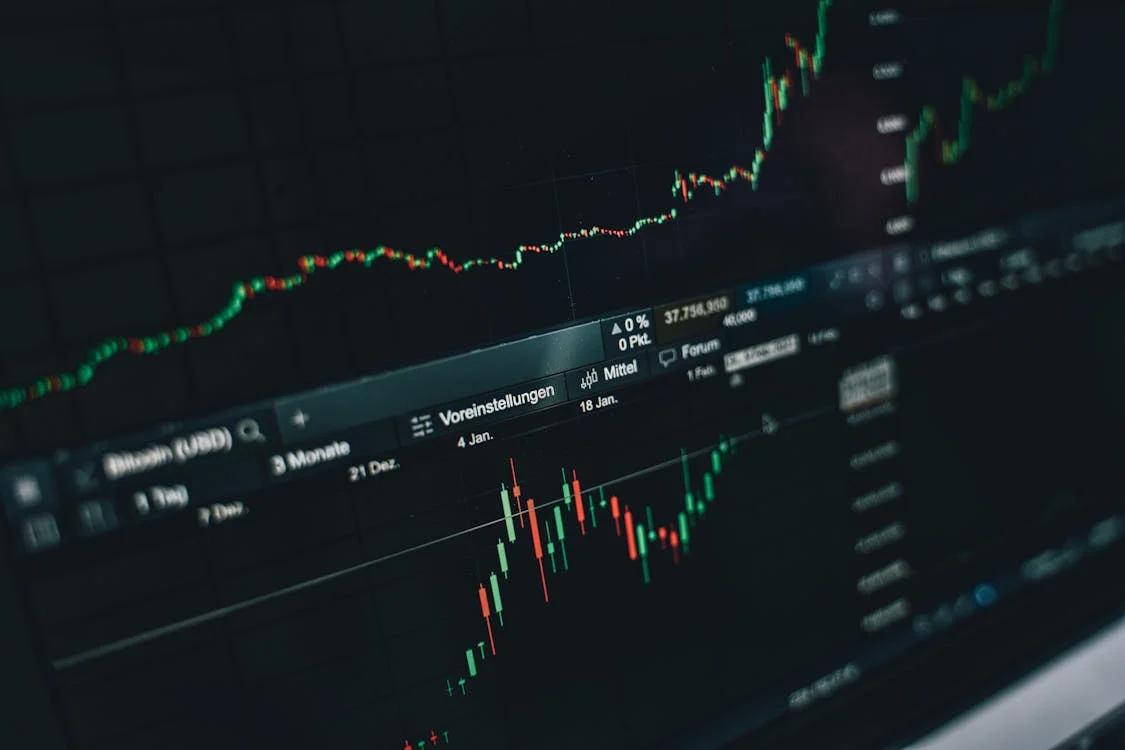Understanding the Mechanics of Currency Trading for New Investors
Forex trading, or foreign exchange trading, is the process of buying and selling currencies with the goal of making a profit from their price movements. As the largest and most liquid financial market in the world, the forex market sees over $6 trillion traded daily, making it a prime opportunity for traders seeking fast-paced action and global exposure.

1. What Is the Forex Market?
The forex market is a decentralized global marketplace where national currencies are exchanged. It operates 24 hours a day, five days a week, and is open to individuals, banks, financial institutions, corporations, and governments. Unlike stock markets, forex trading happens over the counter (OTC), meaning trades are executed directly between parties via brokers or electronic networks.
2. How Currency Pairs Work
In forex, currencies are traded in pairs, such as EUR/USD or GBP/JPY. The first currency in the pair is the base currency, and the second is the quote currency. The exchange rate tells you how much of the quote currency you need to buy one unit of the base currency. For example, if EUR/USD is 1.1000, you need $1.10 to buy 1 euro.
3. Major, Minor, and Exotic Pairs
- Major pairs: Include the most traded currencies like EUR/USD, GBP/USD, and USD/JPY.
- Minor pairs: Currency pairs that don’t include the U.S. dollar, such as EUR/GBP or AUD/JPY.
- Exotic pairs: Combine a major currency with a currency from an emerging economy, like USD/TRY.
4. Choosing a Forex Broker
Selecting the right broker is critical. Look for:
- Regulation by reputable authorities (FCA, ASIC, CySEC, etc.)
- Low spreads and transparent fees
- User-friendly trading platforms (like MetaTrader 4 or 5)
- Efficient customer support and secure fund deposits/withdrawals
5. What Are Pips, Lots, and Leverage?
- Pip: The smallest price move in a currency pair, usually the fourth decimal place (0.0001).
- Lot: A standardized trade size. One standard lot equals 100,000 units of the base currency.
- Leverage: Allows you to control a large position with a small amount of capital. For example, 1:100 leverage lets you trade $10,000 with just $100.
6. Basic Forex Trading Strategies
- Scalping: Making dozens of small trades within short timeframes to profit from tiny price movements.
- Day trading: Opening and closing trades within the same day, avoiding overnight risk.
- Swing trading: Holding positions for days or weeks to capitalize on medium-term price movements.
- Position trading: A long-term approach, based on macroeconomic trends and fundamental analysis.
7. Understanding Economic Indicators
Forex prices are heavily influenced by economic data and news, including:
- Interest rate decisions by central banks (e.g., Federal Reserve, ECB)
- Inflation reports (CPI, PPI)
- Employment data (Non-Farm Payrolls, unemployment rates)
- Gross Domestic Product (GDP) figures
8. Managing Risk in Forex Trading
- Always use stop-loss and take-profit orders to protect your capital.
- Never risk more than 1–2% of your account balance on a single trade.
- Keep emotions in check—don’t chase losses or trade out of fear or greed.
- Regularly review your performance and adjust your strategy accordingly.


